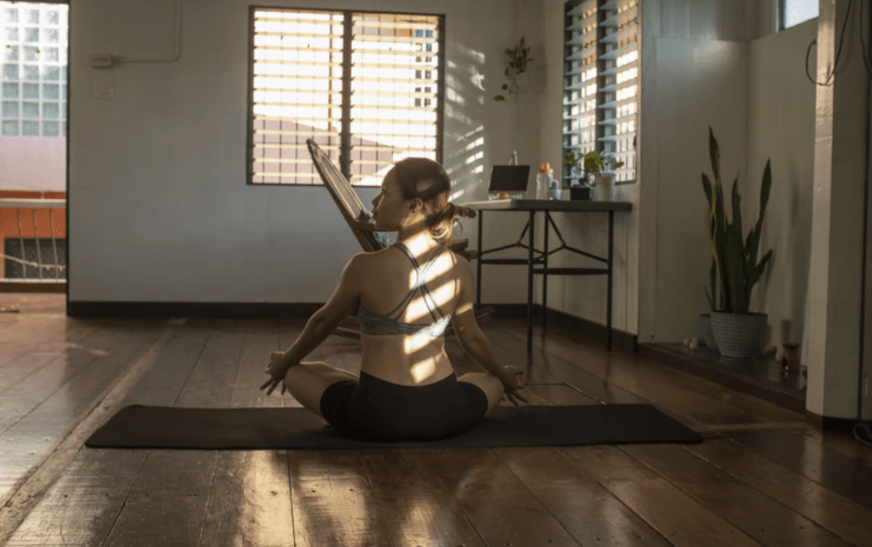There’s no doubt that exercise is a major contributor to overall health—it boosts mood, supports heart health, and keeps the body in shape. But if you’re someone who likes to squeeze in a workout late at night, it might be time to reconsider your timing.
A recent large-scale study suggests that exercising too close to bedtime could be affecting your sleep quality more than you realize. Researchers analyzed data from nearly 15,000 individuals and found a clear link between evening workouts—especially high-intensity ones—and poor sleep. The study revealed that those who exercised within four hours of going to bed were more likely to experience delayed sleep onset, shorter sleep durations, and higher resting heart rates during the night.
This challenges the previously accepted belief that only the final two hours before bedtime are the danger zone for late-night workouts. This new research expands that window, sparking questions about how much recovery time the body really needs before it’s ready to wind down for rest.
Why Late-Night Intense Workouts May Disrupt Your Sleep
The problem lies in how the body reacts to intense physical activity. High-intensity workouts elevate your core body temperature, increase adrenaline levels, and raise your heart rate—all of which can interfere with the body’s natural process of winding down. Rather than shifting into a relaxed, restful state, your body stays alert, active, and energized long after you finish exercising, which is hardly ideal when you’re trying to fall into a deep, restorative sleep.
Not everyone responds the same way, however. Some people can work out late and still sleep soundly. But for many others, evening workouts might be contributing to those restless nights of tossing and turning. If you’ve been struggling to get a good night’s sleep, it may be time to take a closer look at your exercise schedule.
Moderate vs. High-Intensity Exercise
While intense exercise close to bedtime can raise heart rates and body temperatures, potentially causing sleep disruptions, moderate-intensity workouts may not have the same effect. Studies have shown that evening exercise at a moderate intensity doesn’t negatively impact sleep, and in some cases, it may even improve sleep quality by promoting deeper sleep and helping you fall asleep faster.
Individual Differences
People react differently to evening workouts. Some find it easy to wind down and sleep after exercising late, while others struggle with sleep disturbances. Understanding how your body responds to exercise can help you determine whether nighttime workouts are affecting your sleep.
Expert Recommendations
Experts now recommend shifting workouts to earlier in the day—ideally in the morning or early afternoon—so that your body has enough time to cool down and relax before bed. If evenings are your only option, opt for lighter, low-impact activities such as yoga, stretching, or a brisk walk, rather than heavy weightlifting or high-intensity interval training (HIIT).
If you use a sleep tracker, paying attention to your sleep data can help you notice patterns and determine whether evening workouts are contributing to your sleep struggles. As a general guideline, it’s best to avoid strenuous exercise within 1-2 hours of bedtime.
The Importance of a Cool-Down
A cool-down after your workout can also help your body transition back into a restful state. Taking the time to wind down after intense physical activity can signal your body that it’s time to relax and prepare for sleep.
The Bottom Line
When you exercise might be just as important as how you exercise. If you’re sticking to all the other best practices for good health but still waking up groggy and drained, a simple schedule shift could be the key to unlocking better sleep—and feeling more energized the next day.













